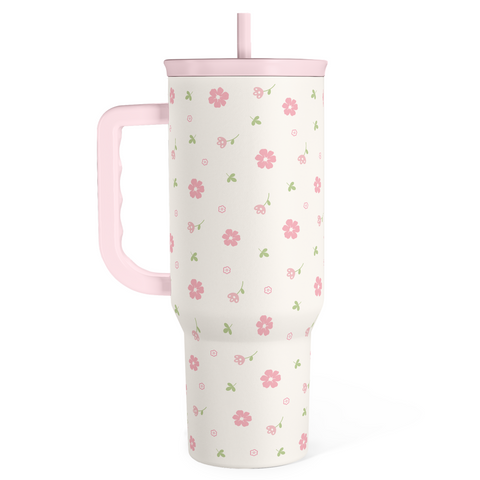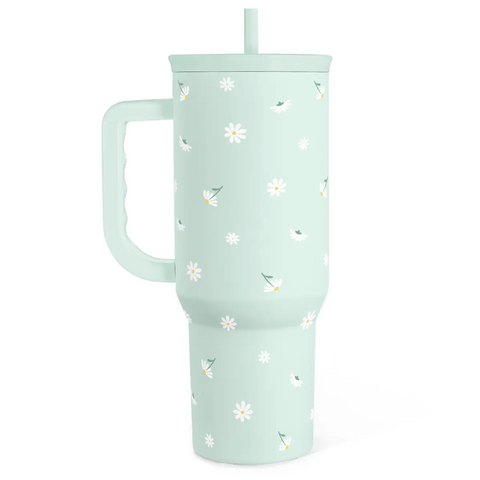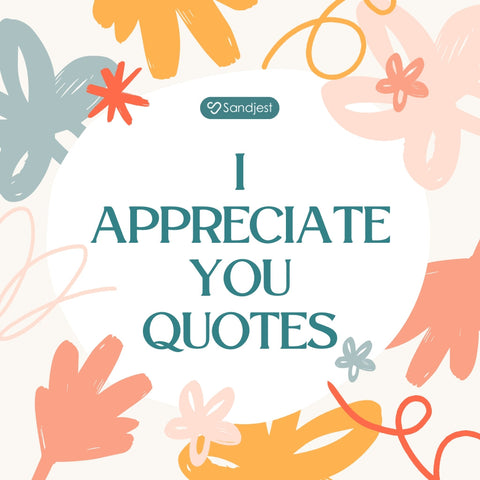Step-by-Step Guide to Writing a Professional Resignation Letter
Table of Contents
Writing a resignation letter can feel intimidating, but it doesn’t need to be complicated. A good letter balances professionalism with clarity, ensuring your employer understands your decision while leaving a positive impression.
It should include essential details such as your position, the date of resignation, and your final working day. Beyond the basics, it’s also a chance to show gratitude for the opportunities you’ve had and to offer assistance in making the transition smooth.
1. Understanding the Need for a Resignation Letter

A resignation letter isn’t just a formality—it’s a professional tool that shapes how your departure is remembered. By putting your decision in writing, you provide your employer with clear documentation that helps with HR records, transition planning, and legal compliance. More importantly, a well-written resignation letter leaves behind a positive impression, showing respect and professionalism even as you move on. It protects your reputation, maintains goodwill for future references, and ensures your exit feels thoughtful rather than abrupt.
>> When it’s time to part ways, words matter. Goodbye quotes help you reflect on transitions, offering a thoughtful lens for understanding the emotional side of leaving a job.
2. Crafting the Perfect Resignation Letter
- Keep It Concise: Aim for one page or less — short, professional, and straight to the point.
- Use a Respectful Tone: Maintain a polite, positive tone even if you had challenges during your role.
- Start with a Clear Statement: Begin by directly stating your intention to resign and include your final working day.
- Express Gratitude: Thank your employer for the opportunity, skills learned, or experiences gained.
- Offer Transition Support: If possible, mention your willingness to help train a replacement or wrap up key tasks.
- Close Professionally: End with a courteous closing line and your signature, keeping it formal but warm.
>> Every job teaches something. Life lesson quotes can help you shape a message that shows maturity, gratitude, and thoughtful reflection on your time with the company.
3. Tailoring Resignation Letters to Specific Situations

Formal Resignation Letter
- Use a highly professional tone with no informal language.
- Follow strict business letter format with full contact details.
- Focus on clarity, gratitude, and a smooth transition plan.
Retirement Resignation Letter
- Highlight years of service and appreciation for long-term support.
- Mention pride in contributions and relationships built.
- Offer assistance in knowledge transfer or mentoring before leaving.
>> Not every resignation is due to dissatisfaction—some are joyful milestones. If you’re stepping into retirement, retirement quotes can guide how you express gratitude and closure in writing.
Short Resignation Letter
- Keep it brief — one or two short paragraphs.
- State resignation clearly with last working day.
- Use polite language while skipping lengthy details.
Quick/Immediate Resignation Letter
- Directly state the immediate effect of your resignation.
- Acknowledge the inconvenience and express regret.
- Thank the company for the opportunity, even if short-lived.
4. Examples and Templates for Inspiration

Formal Resignation Letter Template
Subject: Formal Resignation – [Your Name]
Dear [Manager’s Name],
I am writing to formally resign from my position at [Company Name], effective [last working day]. I am grateful for the opportunities I have had and the support from my team. Please let me know how I can assist during the transition.
Sincerely,
[Your Full Name]
Short and Simple Resignation
Subject: Resignation Notice – [Your Name]
Dear [Manager’s Name],
Please accept this letter as my official resignation from [Company Name], with my last working day on [date]. Thank you for the chance to contribute during my time here.
Best regards,
[Your Full Name]
Two-Week Notice Resignation
Subject: Resignation Effective [Date] – [Your Name]
Dear [Manager’s Name],
I am resigning from my position at [Company Name]. My last working day will be [two weeks from today’s date]. I have appreciated the support and opportunities, and I am committed to making the transition as smooth as possible.
Sincerely,
[Your Full Name]
Immediate Resignation Letter Sample
Subject: Immediate Resignation – [Your Name]
Dear [Manager’s Name],
Due to personal circumstances, I must resign from my position effective immediately. I regret the inconvenience this may cause and appreciate your understanding. Thank you for the opportunity to be part of the team.
Sincerely,
[Your Full Name]
Retirement Resignation Letter
Subject: Retirement Resignation – [Your Name]
Dear [Manager’s Name],
After [X years] at [Company Name], I will be retiring, with my final working day on [date]. I am grateful for the support and experiences gained throughout my career here. I am happy to assist with mentoring or transition planning before I leave.
Warm regards,
[Your Full Name]
Career Growth Resignation
Subject: Resignation – [Your Name]
Dear [Manager’s Name],
I am resigning from my role at [Company Name], with my last day on [date]. This decision comes as I pursue an opportunity that aligns with my long-term career goals. Thank you for your support and understanding.
Sincerely,
[Your Full Name]
Grateful and Appreciative Resignation
Subject: Thank You and Resignation – [Your Name]
Dear [Manager’s Name],
I am writing to resign from my position at [Company Name], effective [date]. I want to sincerely thank you for the mentorship, teamwork, and opportunities I’ve enjoyed here. I will always value the experiences and connections I have gained.
Best regards,
[Your Full Name]
Resignation with Transition Support
Subject: Resignation and Transition Plan – [Your Name]
Dear [Manager’s Name],
I am resigning from my role at [Company Name], with my last day on [date]. To support the transition, I am happy to assist in training my replacement or completing ongoing projects. Thank you for the professional and personal growth opportunities provided.
Sincerely,
[Your Full Name]
Email Resignation (Very Short)
Subject: Resignation – [Your Name]
Dear [Manager’s Name],
This email serves as my formal resignation from [Company Name], effective [date]. Thank you for the opportunity and support during my time here.
Best,
[Your Full Name]
Friendly Resignation Letter
Subject: Moving On – [Your Name]
Dear [Manager’s Name],
I’m writing to let you know I’ll be resigning from my position at [Company Name], with my final day being [date]. Working here has been a truly rewarding experience, and I’m grateful for the friendships and professional growth. I’ll do everything possible to make the transition seamless.
Warm regards,
[Your Full Name]
>> Not every exit needs to be serious. Funny goodbye quotes can bring levity to your resignation templates—especially when leaving on good terms with colleagues or friends.
5. Common Mistakes to Avoid

Being Overly Emotional
- Avoid venting frustrations or writing with anger.
- Keep the tone professional and calm, regardless of circumstances.
Forgetting Key Details
- Always include your official resignation statement, last working day, and signature.
- Missing these details can create HR and payroll confusion.
Using Informal or Casual Language
- Phrases like “I’m outta here” or emojis are unprofessional.
- Stick to clear, polite wording.
Making It Too Long
- Overly detailed explanations or personal stories can dilute the message.
- Aim for brevity while covering essentials.
Failing to Express Gratitude
- Neglecting to thank your employer may leave a negative impression.
- Even short notes of appreciation strengthen relationships.
Not Offering Transition Help
- Skipping any mention of support may appear careless.
- Even a small offer to assist shows goodwill.
Conclusion
Ultimately, your resignation letter should act as a bridge, not a wall. By keeping the tone respectful, including clear details, and expressing appreciation, you leave on professional terms. Even if you faced challenges in your role, a gracious letter reflects maturity and foresight.
Remember that careers often circle back, and a strong reputation follows you wherever you go. When written carefully, a resignation letter becomes more than an obligation — it becomes a reflection of your character.
Related Products
Frequently Asked Questions
What Do I Say In My Resignation Letter?
Keep your message professional and clear: state your decision to resign, your final working day, and a brief thank-you. You don’t need to share personal reasons unless you choose to. A positive, respectful tone ensures you leave on good terms.
How To Write A Simple Resign Letter?
A simple resignation letter should include a clear statement of resignation, your last working day, and a short note of gratitude. Avoid long explanations or unnecessary details — focus on clarity and professionalism. One page is more than enough.
What Not To Say When Resigning?
Avoid criticizing your employer, colleagues, or company policies in your resignation letter. Don’t use emotional language, complaints, or sarcasm, as it may harm your reputation. Keep your message professional, polite, and focused on your departure details.


















